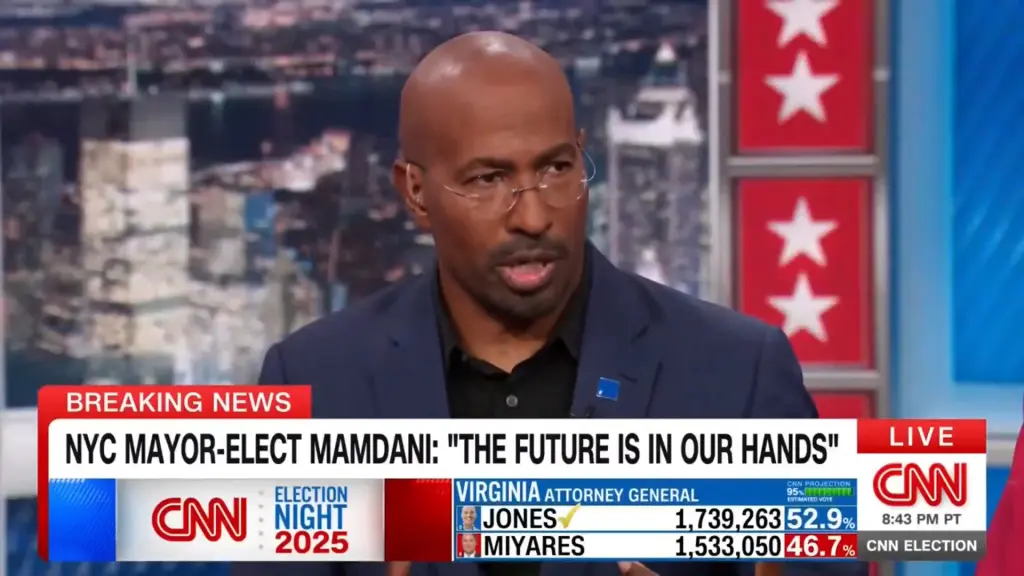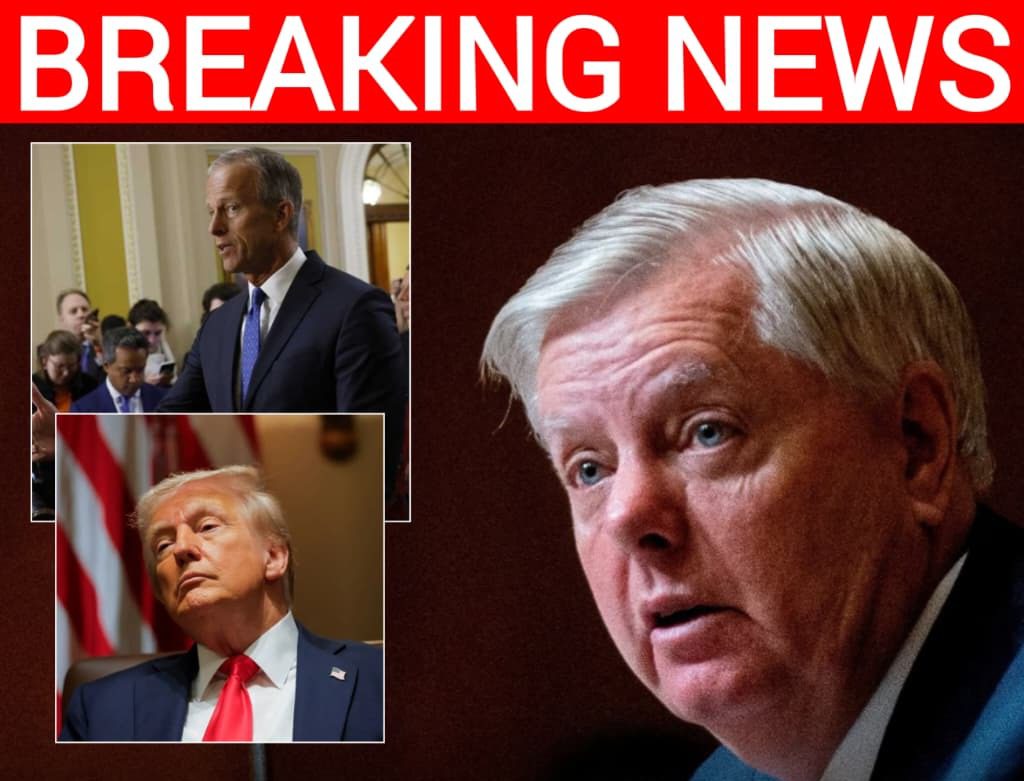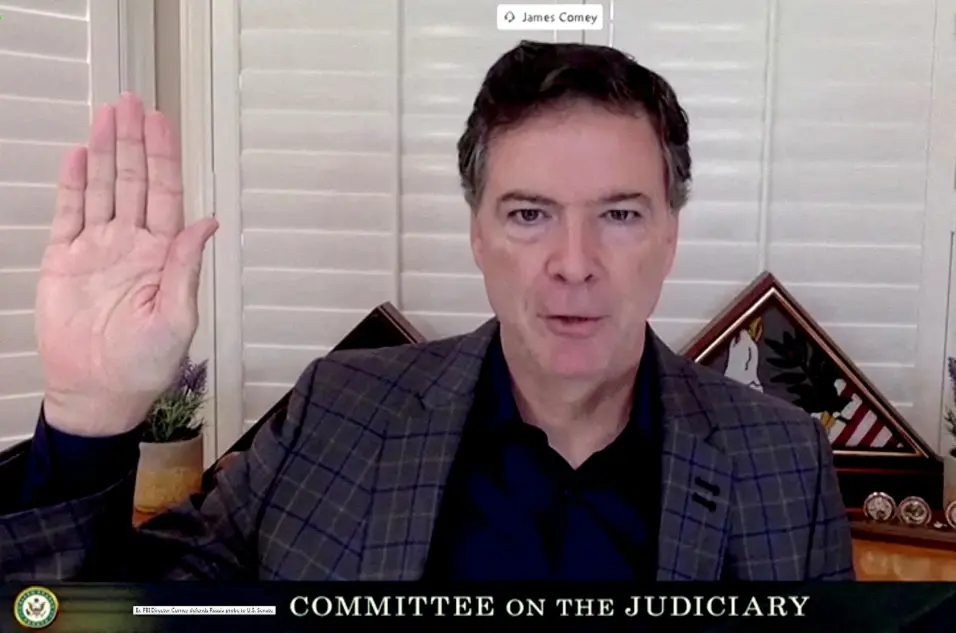CNN’s Van Jones Sounds the Alarm Over Zohran Mamdani’s Instant “Character Switch” — Says His Angry, Power-Filled Speech Could Cost Him as NYC’s New Mayor
CNN commentator Van Jones is making headlines after publicly raising concerns over newly elected New York City Mayor Zohran Mamdani’s fiery victory speech — describing it as an “instant character switch” that took even his supporters by surprise. The left-leaning political analyst, known for his thoughtful takes on progressive politics, expressed unease at what he saw as a sudden transformation in tone from the candidate who had campaigned on unity, compassion, and grassroots optimism to a leader exuding defiance, anger, and raw power in front of an electrified crowd.
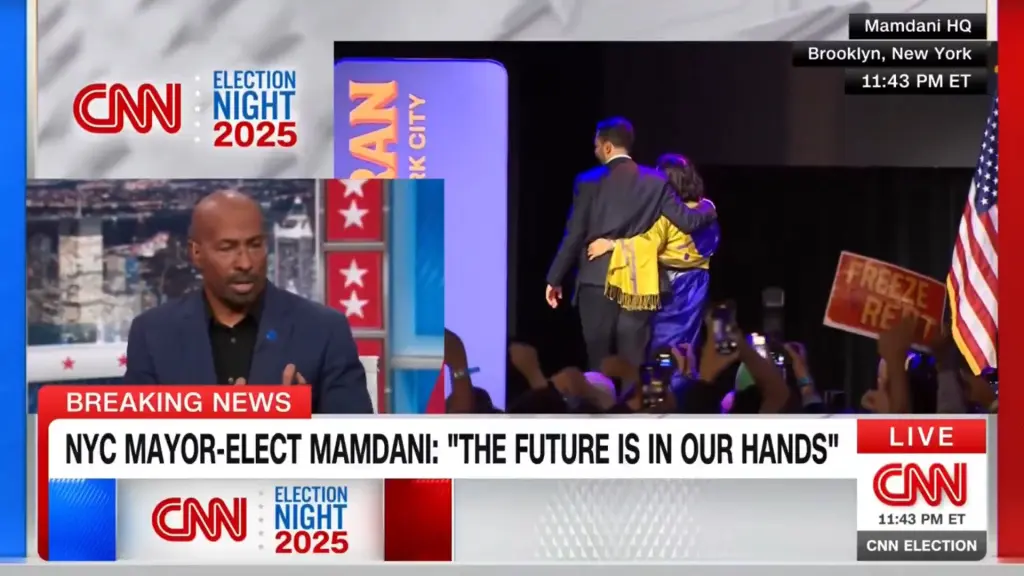
On Tuesday night, as Mamdani celebrated his historic win — becoming the first Muslim and South Asian mayor in New York City history — his words were as loud as his conviction. The 34-year-old democratic socialist stood before his supporters at an event in Queens, his voice booming across the packed hall as he declared, “New York will remain a city of immigrants — built by immigrants, powered by immigrants, and now led by one.” The crowd erupted into cheers, waving banners and chanting his name. But the moment that caught the attention of millions came when he turned his focus toward his political opponents, specifically former President Donald Trump.
“If they come for one of us,” Mamdani shouted, pounding the podium, “they’ll have to go through all of us.”
The room roared, but elsewhere — on television screens across the country — some commentators shifted uncomfortably. Among them was Van Jones, who appeared live on CNN’s election coverage panel. He leaned forward, visibly uneasy, and offered a candid observation that instantly went viral: “I just saw a little bit of a character switch. The warm, open, embracing guy we saw on the campaign trail… he was gone tonight. What I saw was a man yelling into a microphone.”
For Jones, the problem wasn’t the passion — it was the shift. “He missed an opportunity,” he said. “This was his moment to invite everyone in. Instead, it felt like he was drawing lines.” His comments, clipped and shared online, quickly spread across political circles, sparking debate over whether Mamdani’s speech reflected righteous conviction or the early signs of a combative, divisive governing style.

The contrast between campaign trail Mamdani and victory night Mamdani was undeniable. During months of rallies, interviews, and debates, he had projected himself as calm, intellectual, and community-driven — an organizer first, a politician second. His message centered around hope and rebuilding trust in government. But the moment he seized the microphone after securing the mayor’s seat, something shifted. The fiery rhetoric — the raised voice, the defiance, the taunting of Trump — felt like a departure from the cool-headed strategist voters had grown accustomed to.
Van Jones’s critique wasn’t unique, but it stood out because it came from a fellow progressive. Known for his advocacy on racial justice, criminal reform, and empathy in politics, Jones is no stranger to bold rhetoric himself. Yet his warning about Mamdani struck a deeper chord. “It’s not about what he said,” Jones emphasized later that night. “It’s about the energy he brought. The best leaders know how to win power without letting power change their tone. I just hope this isn’t a sign of what’s to come.”
Other analysts echoed that sentiment. Some described Mamdani’s address as a “moment of triumph that turned into a challenge.” Political columnist Eleanor Clift wrote that “Mamdani seemed to transform from a movement leader to a revolutionary overnight.” Meanwhile, conservative commentators pounced on Jones’s remarks, framing them as proof that even left-leaning voices were uneasy with the new mayor’s style. Fox News host Jesse Watters went so far as to say, “When Van Jones is telling you to tone it down, you know you’ve gone too far.”
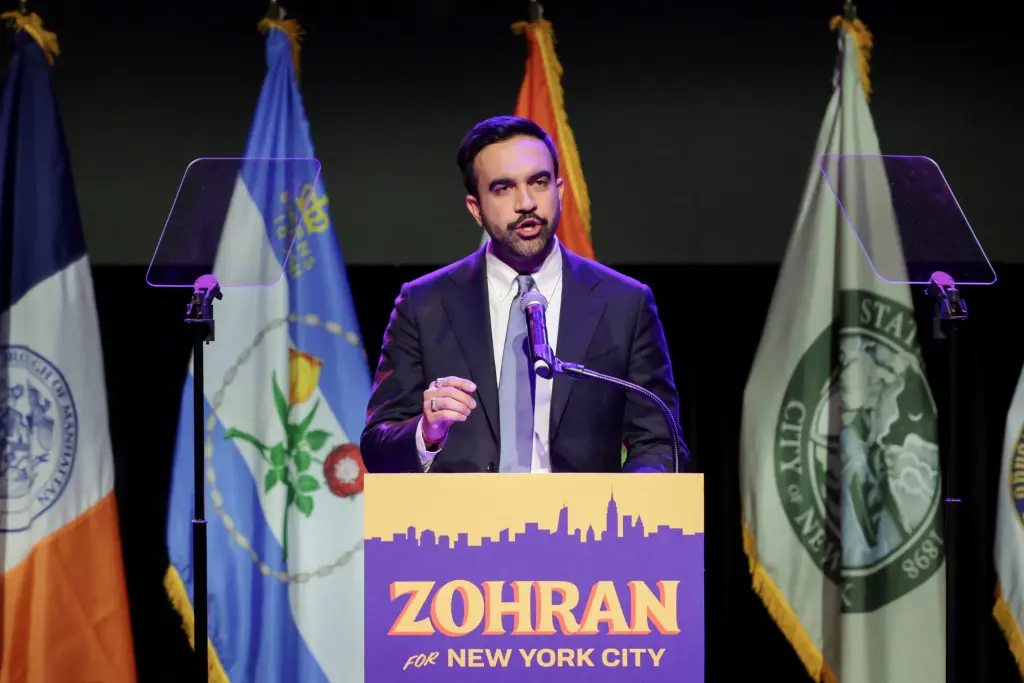
Supporters of Mamdani, however, defended the speech as authentic and necessary. They argued that the raw emotion was not anger but pride — the expression of decades of struggle culminating in a long-overdue victory for communities often ignored by political elites. One attendee, a volunteer from Jackson Heights, told local reporters, “He wasn’t angry — he was passionate. He was speaking for people like us who finally have a seat at the table.”
But perception is everything in politics. And Jones’s warning underscored how thin the line can be between confidence and confrontation. “There’s a difference,” Jones said, “between fighting for people and fighting with people.” His point, echoed in interviews the following morning, was that Mamdani must be careful not to alienate the very city he’s now tasked with uniting.
In fairness to Mamdani, his rise to power has always been steeped in energy and rebellion. As a state assemblyman from Queens, he made his name as an outspoken critic of establishment politics. His platform of economic justice, affordable housing, and police accountability earned him both passionate supporters and fierce detractors. Winning the mayoralty was a culmination of that grassroots fire — but also an invitation to transition from activist to administrator. The challenge, as Van Jones and others see it, is whether Mamdani can make that transition gracefully.
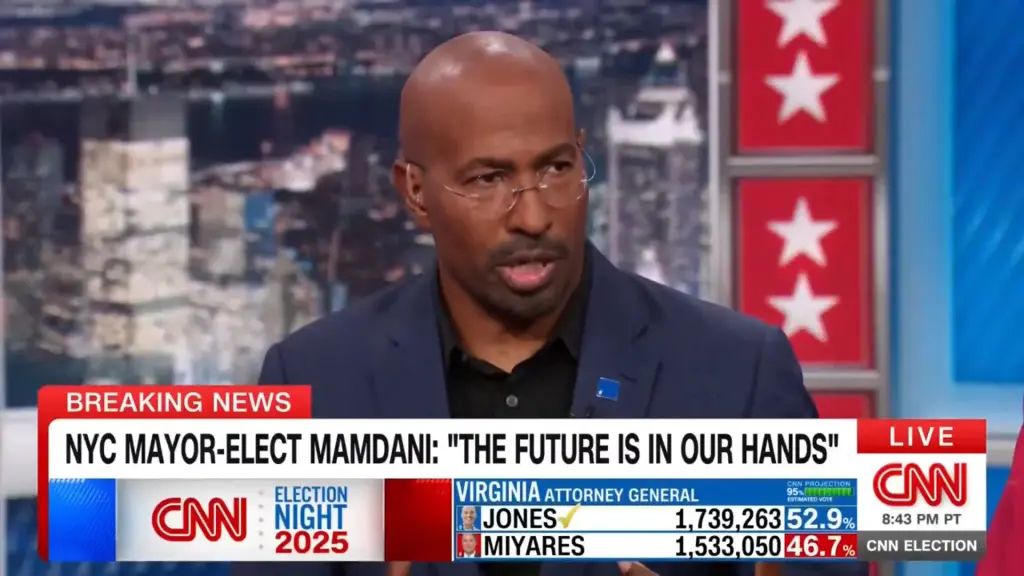
Political insiders have described the speech as an early test of leadership tone. The mayor-elect’s team, still riding the high of victory, brushed off criticism, saying the emotional atmosphere was overwhelming. “He was speaking from the heart,” one campaign aide said. “This wasn’t scripted — it was real. He’s not a politician who hides how he feels.”
Still, Jones’s observation raises an important question about governing temperament. In a city as diverse and volatile as New York, tone carries weight. Every word from City Hall can ripple across communities, markets, and political alliances. The concern isn’t about whether Mamdani has passion — it’s whether he can harness it constructively once the confetti settles and the real work begins.
As the mayor-elect prepares to take office in January, all eyes will be on how he manages his first few weeks in power. Van Jones’s comments have ensured that the conversation won’t just be about what Mamdani does, but how he does it. Will he temper his activist energy with the pragmatism required to run a complex, divided metropolis? Or will his movement-driven fervor become his defining — and possibly polarizing — hallmark?
For now, Mamdani’s team is framing his speech as a moment of emotion rather than aggression. His supporters insist the “character switch” Van Jones described was merely the reflection of a man who fought against odds and finally won. Yet critics see it differently — a glimpse of a fiery populist who may struggle to rein in his instincts once in power.
Van Jones, summing up his concerns, put it bluntly: “Power reveals who you are. Sometimes it doesn’t corrupt you — it just shows you. And tonight, we saw something different in Zohran Mamdani. Maybe it’s nothing. Maybe it’s everything. But we saw it.”
As the dust settles, one thing is certain — the energy that carried Zohran Mamdani into history is still burning bright. Whether it becomes a guiding light or a political wildfire remains to be seen.
